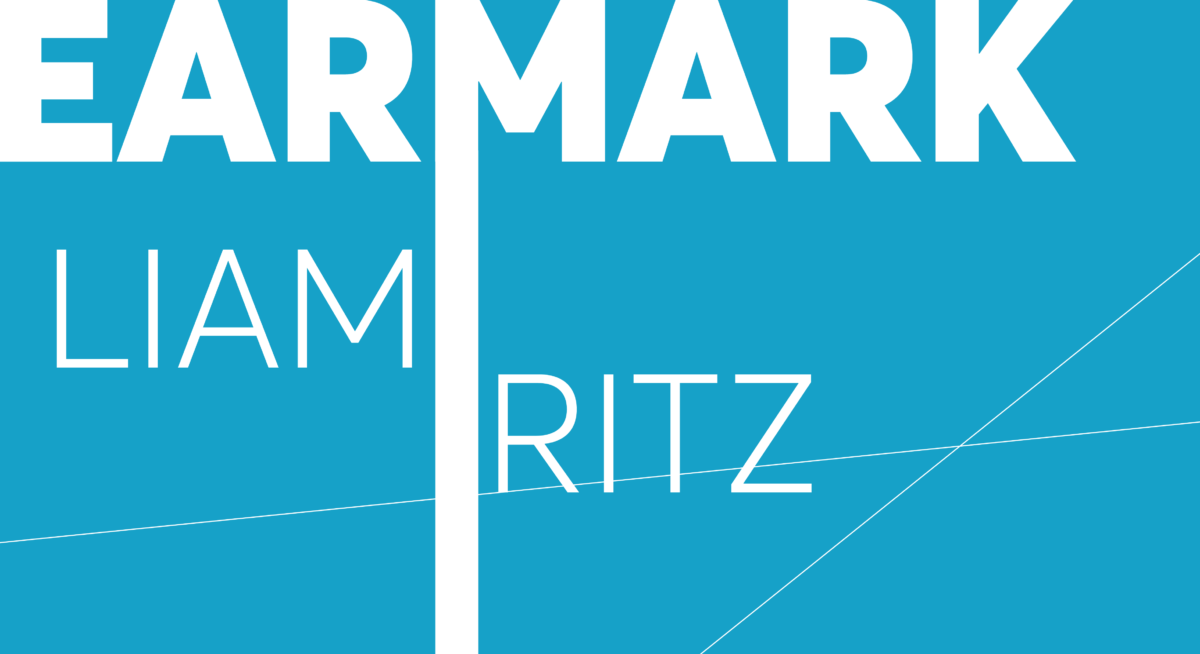This Earmark instalment features Associate Composer Liam Ritz discussing bucket-list concerts, childhood record collections, and what to do when you’ve been commissioned to celebrate Beethoven’s 250th birthday (it happens).
CMC: What got you excited about music at a young age?
Liam Ritz: In the best way possible, there was never really a choice not to be excited about music in our household. My mother is a classically-trained pianist, and although she has always worked as an elementary school teacher, she still continued to actively play and perform in some way or another. And then there is my father – a lifelong lover of music with an all-encompassing collection from The Rolling Stones, to Diana Krall, to the Buena Vista Social Club. They provided a very well-rounded, albeit eclectic, musical surrounding for my two older siblings and I, who all began studying instruments when we were young. One thing that I look back on and am very grateful for is that It was never a burden that we were forced to do, but instead became this inherent part of our lives.
However, all this aside, what perhaps truly excited me most about music at a young age was the innate and primal thrill of sitting around the breakfast table as kids, listening to Music and Company on CBC Radio 2, and awaiting Tom Allen’s Classical Cage Match!
CMC: What is an important music concert/event you attended?
LR: It’s challenging to pick just one, but an especially memorable concert was during the Berlin Philharmonic’s visit to Toronto in 2016. On the programme that evening: Mahler’s Seventh Symphony and Éclat by Pierre Boulez. The sound of this orchestra consumed my teenage years and the musicians onstage became like superheroes to me. It was definitely a bucket-list moment to see them perform live under Sir Simon Rattle.
CMC: What have you been listening to lately?
LR: Well, firstly I have to differentiate that I have two types of listening. The first type consists of my go-to favourites that have a recurring role in my “walking around town” playlist– the musical equivalent to comfort-food.
Then, there’s the slightly more laborious listening which shifts depending on whatever projects I’m currently on. As of this very instant, I’m working on an orchestral commission in celebration of Beethoven’s 250th birthday, so I’ve been spending an uncharacteristic amount of time studying Beethoven symphonies lately. That being said, there’s also always a steady stream of more contemporary favourites like Unsuk Chin, Jörg Widmann, and Matthias Pintscher, who I listen to on a regular cycle.
CMC: How do you define your musical/artistic community?
LR: A few years ago, I likely would’ve felt that it was more confined to my immediate surroundings in Toronto, and specifically at the University of Toronto. However, as time goes on, I’ve been lucky to have built connections with artists of all types that are now scattered across the globe representing varying generations, styles, and ambitions. It’s created a sense of a larger artistic community that I fit into somehow.
CMC: Tell us about a project of yours that you are particularly proud of.
LR: In 2018/2019 I was very fortunate to participate in the Hamilton Philharmonic Orchestra’s inaugural Composer Fellowship Program. In addition to getting hands-on experience working within the organization through education and outreach projects, I was also commissioned to write a new work for chamber orchestra that they premiered at the end of the Fellowship. This piece, Chamber Dances, represents the culmination of a number of things. It marks a point in time when I had recently completed my undergraduate studies, I was at the end of my time with the Hamilton Philharmonic, and I was now trying to bridge the gap into pursuing a career in the arts. While I’m very happy with how the piece turned out musically, it also serves to me as a landmark within my progression as an artist and how I hope to continue to grow.

